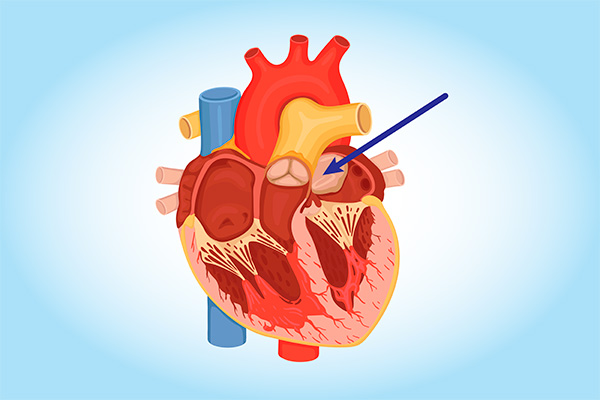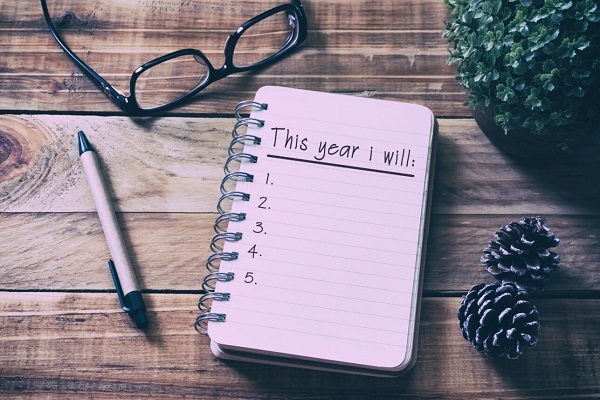Medication Safety: How Pharmacists Help You Manage Your Meds
July 23, 2024

Health & Wellness Tips
Related Articles
-
Wellness & Prevention
![What are Different Types of Breast Cancer_ Plus Treatment Options]()
What are Different Types of Breast Cancer? Plus Treatment Options
-
Wellness & Prevention
![10 Breast Cancer Prevention Tips]()
Breast Cancer Prevention Myths and Facts from the Experts
-
Wellness & Prevention
![When to Get a Flu Shot]()
When to Get a Flu Shot This Year: What Experts Recommend
-
Wellness & Prevention
![a large lightning bolt striking from a dark sky during a severe thunderstorm]()
Storm Safety: Tips for Protecting Your Family and Home
-
Your Healthcare
![an older Black man jogging in a park wearing headphones]()
Discover the Heart-Health Benefits of Weight Loss Medications
-
Wellness & Prevention
![Over-the-Counter Birth Control Pills-What You Need to Know]()
Over-the-Counter Birth Control Pills: What You Need to Know
-
Coping with Illness
![surgeons in operating room performing heart bypass surgery]()
What is Heart Bypass Surgery? CABG Surgery Can Be a Lifesaver
-
Your Healthcare
![cardiac catheterization]()
Cardiac Cath Lab: Pioneering Non-Surgical Heart Solutions
-
Coping with Illness
![cardiac myxoma heart tumor diagram]()
Can You Get Heart Cancer? It's Rare, but Yes. Learn the Symptoms
-
Wellness & Prevention
![Make your 2023 New Years Resolutions]()
5 Achievable 2024 Health-Related New Year's Resolutions
Back to Top


 pregnancy. Be sure to advise your pharmacist of any changes to your health as they occur.
pregnancy. Be sure to advise your pharmacist of any changes to your health as they occur.










